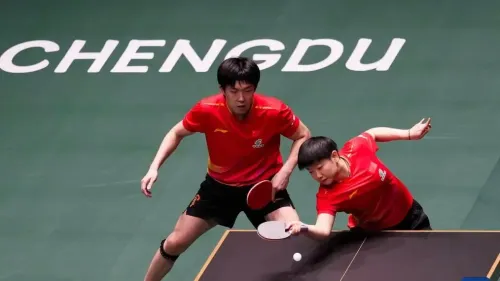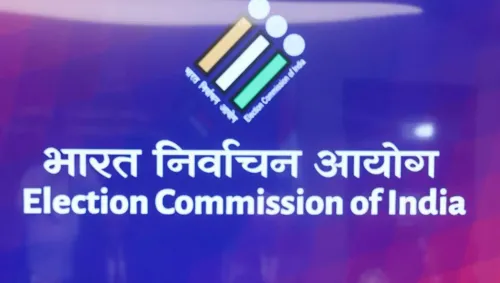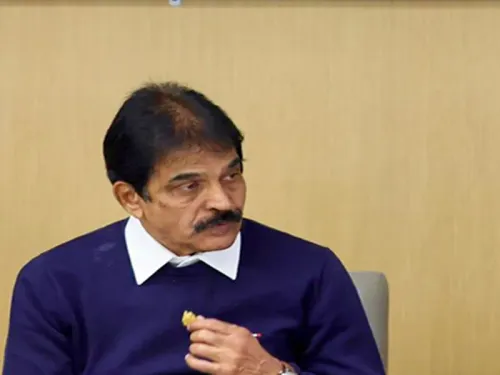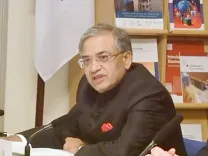Did the Telangana HC Dismiss the Defamation Case Against CM Revanth Reddy?
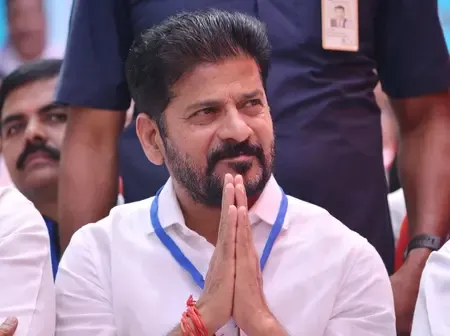
Synopsis
Key Takeaways
- The Telangana High Court quashed the defamation case against CM A. Revanth Reddy.
- The case was initiated by BJP leader Kasam Venkateshwarlu.
- The Chief Minister's remarks were made during a public meeting in Kothagudem.
- The ruling emphasizes the protection of political speech in elections.
- The High Court had previously exempted Reddy from personal appearances in court.
Hyderabad, Aug 1 (NationPress) In a significant victory for Chief Minister A. Revanth Reddy, the Telangana High Court has dismissed a defamation case initiated by a BJP leader regarding alleged derogatory statements made during a public gathering in the run-up to last year’s Lok Sabha elections.
Justice K. Lakshman, who had reserved the judgment on the Chief Minister’s petition on July 7, delivered the verdict on Friday.
The Chief Minister had sought the court's intervention to dismiss the defamation case filed against him in the Nampally Special Court for People's Representatives.
During a public address in Kothagudem, he purportedly accused the BJP of intending to eliminate reservations if they were to come to power. Furthermore, he allegedly showcased a tampered video featuring Union Home Minister Amit Shah.
BJP leader Kasam Venkateshwarlu lodged the complaint, claiming that the Chief Minister's statements falsely suggested that the BJP would scrap reservations if victorious in the elections. He contended that the remarks and accompanying visuals were designed to tarnish the party's reputation.
The complainant presented audio and video recordings of the address as proof.
The case involved alleged violations under Section 499 of the Indian Penal Code (defamation) and Section 125 of the Representation of the People Act, 1951, which relates to inciting hostility among communities in the context of elections.
Arguing the case's lack of substance, the Chief Minister appealed for the High Court to nullify the proceedings and exempt him from obligatory court appearances.
Revanth Reddy’s attorney articulated in court that the statement was made within a political framework and should not be interpreted as defamatory.
In interim orders dated April 25, the High Court had relieved the Chief Minister from personally attending the trial court.
In May, the High Court prolonged interim orders benefiting the Chief Minister and halted further actions in the lower court.
The Chief Minister allegedly made the contentious remarks during the public meeting in Kothagudem in the Bhadradri Kothagudem district on May 4, 2024.
The complainant asserted claims of defamation and breaches of electoral regulations.


